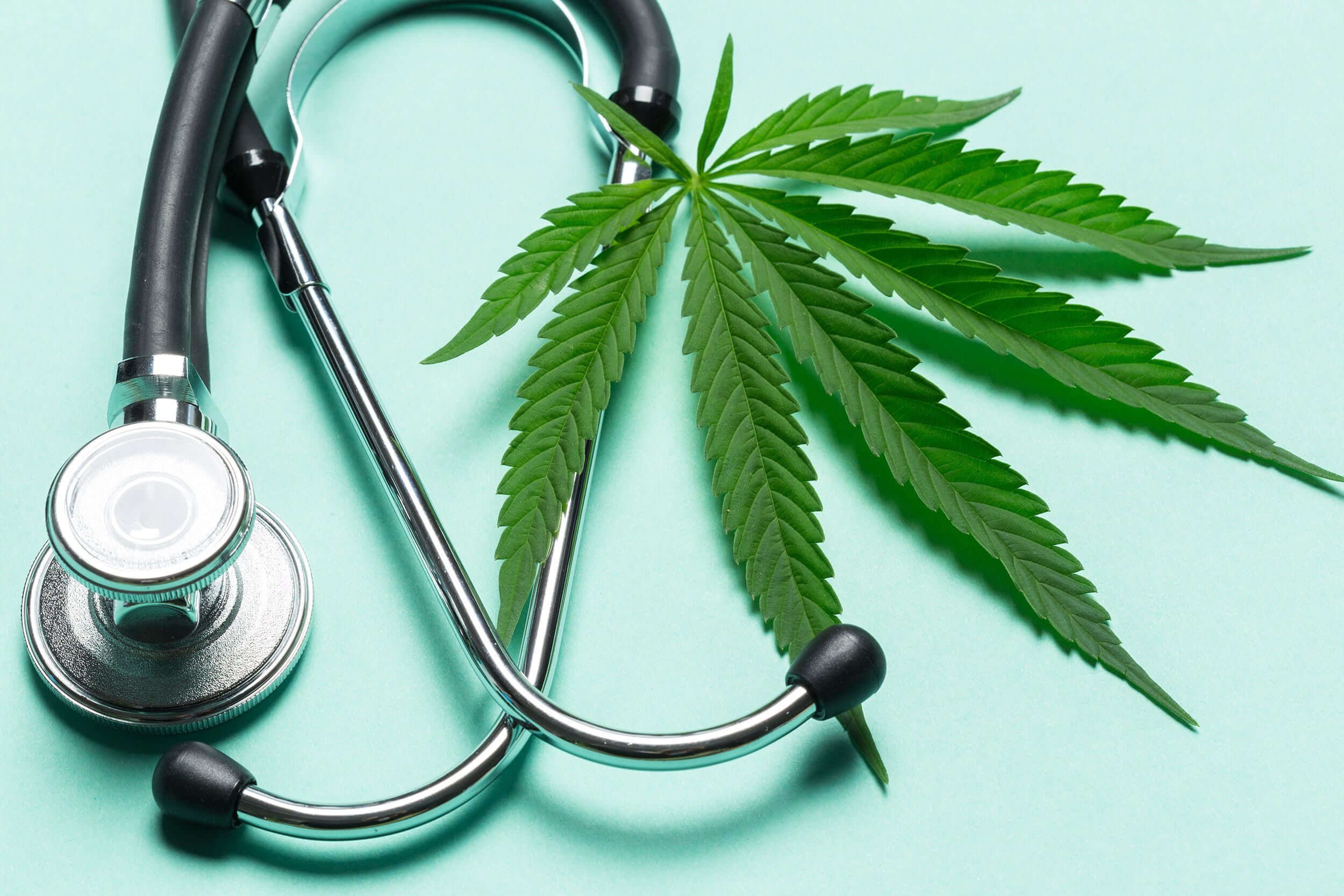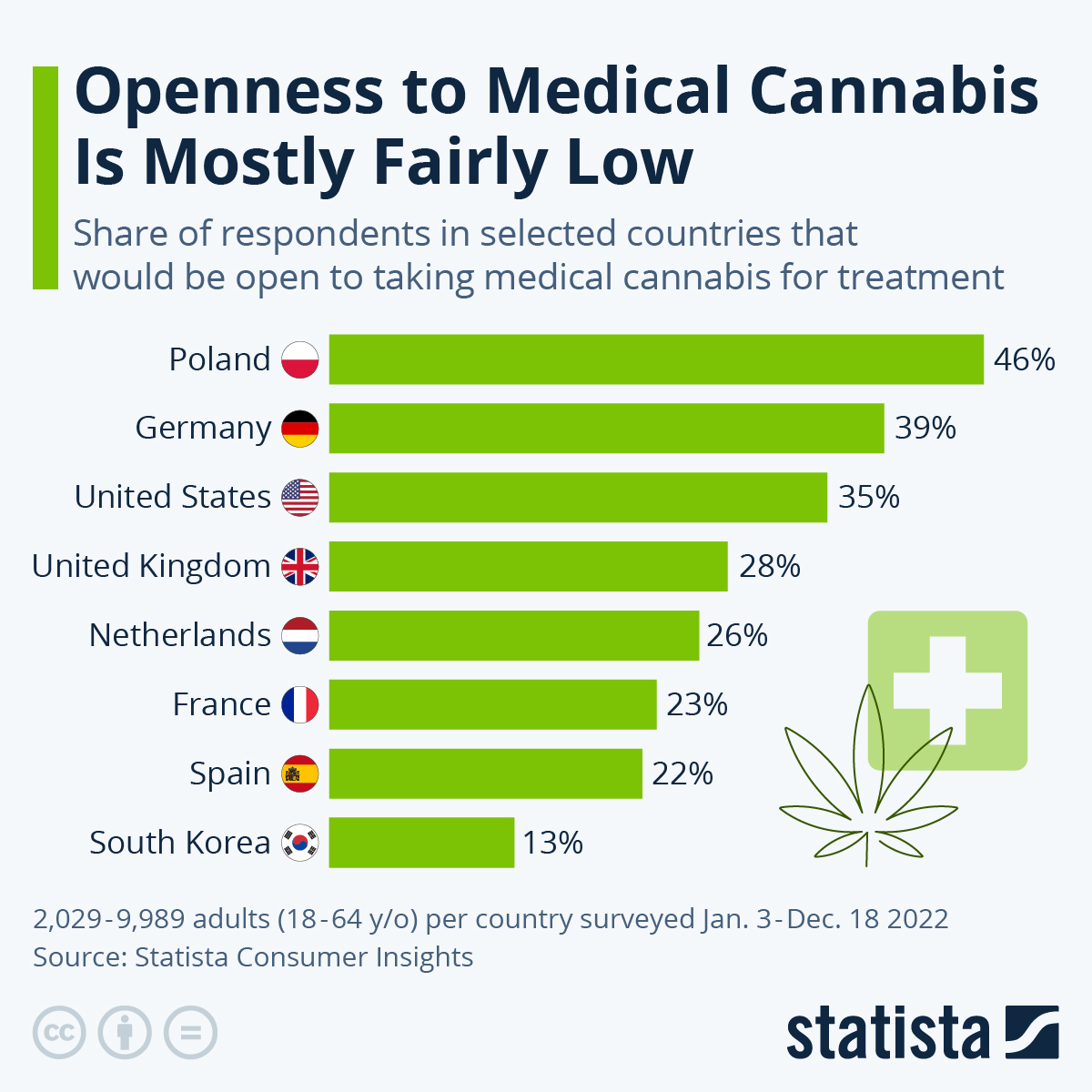Actions to Safeguard Your Medical Cannabis Card for Optimum Health Conveniences
Actions to Safeguard Your Medical Cannabis Card for Optimum Health Conveniences
Blog Article
Shedding Light on What Medical Marijuana Can Cure: an Extensive Analysis of Its Restorative Residences
In recent years, there has been a growing rate of interest in the healing capacity of medical marijuana. While unscientific evidence is plentiful, a thorough exam of the clinical data concerning the efficiency of medical cannabis in treating these problems is called for.
Chronic Pain Management
Chronic discomfort administration stays a critical aspect of medical treatment, necessitating an extensive strategy for efficient treatment. Over the last few years, clinical marijuana has arised as a possible healing choice for individuals experiencing persistent pain problems. The endocannabinoid system, which plays a crucial role hurting modulation, has actually been targeted by cannabis-based treatments to ease symptoms and enhance quality of life for clients.

In addition, medical cannabis uses an appealing option for individuals who experience intolerable adverse effects from conventional discomfort medicines. Its capacity to resolve pain with a different system makes it a valuable addition to the toolbox of therapies readily available for persistent pain monitoring.
Epilepsy Treatment Potential
Clinical marijuana has revealed promising possibility in the treatment of epilepsy, providing a novel restorative strategy for managing seizures in clients. Epilepsy is a neurological condition characterized by reoccurring seizures, affecting people of every ages. Conventional treatments for epilepsy consist of antiepileptic medications, however these medicines might not work for all people and can have significant negative effects.
Study on making use of clinical marijuana for epilepsy has exposed encouraging outcomes. Cannabidiol (CBD), a non-psychoactive substance located in cannabis, has actually been particularly highlighted for its anticonvulsant homes. Research studies have actually shown that CBD can minimize the regularity and seriousness of seizures in clients with treatment-resistant types of epilepsy, such as Dravet disorder and Lennox-Gastaut disorder.
Moreover, the FDA has authorized a CBD-based drug, Epidiolex, for the treatment of seizures linked with these serious kinds of epilepsy. This landmark underscores the expanding acknowledgment of medical marijuana as a beneficial healing option for handling epilepsy and offers wish for people who have actually not responded well to traditional treatments.
Nausea Relief Perks
The reduction of nausea or vomiting via the usage of marijuana has actually been increasingly acknowledged for its healing benefits in different medical conditions. Nausea and vomiting are typical symptoms experienced by people going through radiation treatment, those with stomach problems, and individuals with persistent discomfort problems. Clinical marijuana, with its energetic compounds such as THC and CBD, has shown assurance in offering alleviation from queasiness.

In addition, clinical cannabis offers an all-natural choice for people who do not react well to standard anti-nausea medicines or who experience extreme side impacts from these drugs. Patients undertaking radiation treatment, particularly, have actually reported substantial improvements in their quality of life when making use of cannabis to take care of queasiness. As research in this area proceeds to expand, medical cannabis is progressively being thought about as a beneficial choice for nausea or vomiting alleviation in various medical settings.
Anxiousness Decrease Results
Researches have actually demonstrated the capacity of cannabis in lowering stress and anxiety signs and symptoms with its communication with the endocannabinoid system. The endocannabinoid system plays a vital duty in controling emotions, including anxiety, by keeping homeostasis in the body. Cannabinoids in cannabis, such as THC and CBD, communicate with the endocannabinoid receptors in cottonwood instacare the brain, specifically the CB1 and CB2 receptors, to modulate anxiety-related reactions.

Clients with conditions like generalised anxiety condition (GAD), social anxiousness disorder, and moved here trauma (PTSD) may take advantage of the anxiolytic homes of marijuana (Medical Marijuana Doctor Near me). Additional research is required to establish optimal does, distribution approaches, and long-lasting results on anxiety administration.
Prospective for Inflammation Control
With its well-known anti-inflammatory residential or commercial properties, cannabis has actually revealed promise in potentially managing inflammation within the body. Swelling is the body's natural reaction to injury or infection, yet when it comes to be persistent, it can add to various diseases such as arthritis, inflammatory digestive tract condition, and even heart disease. Study recommends that the cannabinoids discovered in marijuana, such as THC and CBD, can aid regulate the immune reaction and reduce swelling.
Researches have shown that cannabis can engage with the endocannabinoid system, which plays an essential role in controling swelling. By targeting the cannabinoid receptors, marijuana substances can regulate the immune reaction, leading to a decrease in swelling levels. This makes cannabis a prospective prospect for taking care of inflammatory conditions where conventional therapies have actually failed.
Moreover, cannabis-derived products like CBD oil have actually acquired appeal for their anti-inflammatory properties, with several people utilizing them as a natural solution for problems connected with swelling. While more research is required to totally understand the devices behind marijuana's anti-inflammatory results, present searchings for reveal encouraging results for the prospective usage More Help of medical marijuana in regulating swelling.
Conclusion
Finally, clinical marijuana has revealed promising therapeutic residential or commercial properties in handling chronic pain, dealing with epilepsy, relieving nausea or vomiting, lowering anxiousness, and controlling inflammation. Its prospective advantages in various medical problems highlight the value of additional study and exploration right into its medical usage. The evidence suggests that clinical cannabis might be a beneficial option treatment choice for patients looking for alleviation from a series of problems and signs.
In current years, clinical marijuana has actually arised as a possible restorative option for people enduring from persistent discomfort problems.Medical marijuana has revealed encouraging possibility in the therapy of epilepsy, supplying a novel therapeutic approach for handling seizures in individuals. As research in this area continues to grow, clinical marijuana is increasingly being taken into consideration as a beneficial option for queasiness relief in various clinical setups.
In verdict, clinical marijuana has revealed appealing therapeutic homes in managing persistent pain, treating epilepsy, eliminating nausea or vomiting, minimizing stress and anxiety, and regulating swelling. The proof suggests that medical cannabis can be a valuable choice treatment alternative for people looking for alleviation from an array of signs and symptoms and conditions.
Report this page